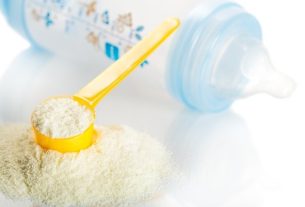Information is the best prevention. Find out what is a myth and what is really true about breast cancer, its prevention and treatment.
Hearing the truth about breast cancer may surprise you. And that should motivate you. It’s time to move beyond awareness to action. It’s time to avoid euphemisms and see what’s really happening in breast cancer research, treatment, prevention and cure.
The myths and truths about breast cancer we’ll cover below are backed by science, documented by reliable sources, and chosen because they are often misinterpreted or misrepresented by the general public.
We raise the challenge to be courageous and speak out on behalf of women and men around the world who face this disease and take measures and precautions to end it. We also ask you to help us spread this message to the people you know: friends, family, co-workers, anyone who cares about breast cancer.
Discover some myths and truths about breast cancer:
1. Myth: Most breast cancers run in families.
Fact: Only about 5% to 10% of breast cancers are believed to be hereditary, meaning they are caused by abnormal genes passed from parent to child. Lifestyle and environmental factors can have a much greater impact on breast cancer risk.
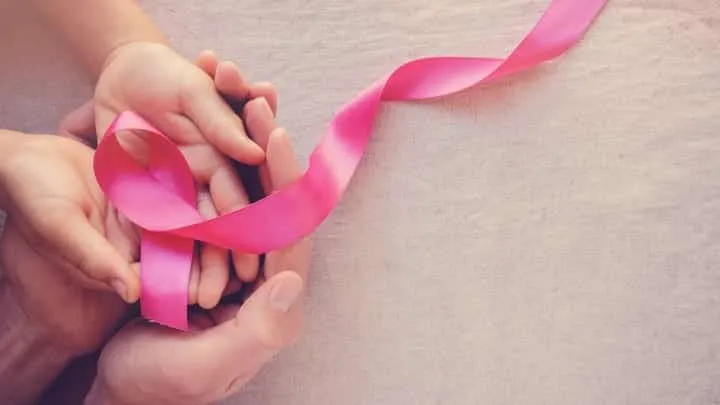
2. Myth: There is nothing you can do to lower your risk of developing breast cancer.
Fact: A reckless lifestyle and environmental factors have a much greater impact on the risk of developing breast cancer. To keep your risk as low as possible, maintain a healthy weight, exercise regularly, and limit the amount of alcohol you drink.

3. Myth: Bras cause breast cancer.
Fact: Bras do not cause breast cancer. Not even the tightest ones. A 2014 scientific study analyzed the relationship between wearing a bra and breast cancer. There was no real difference in risk between women who wore a bra and women who did not wear a bra.
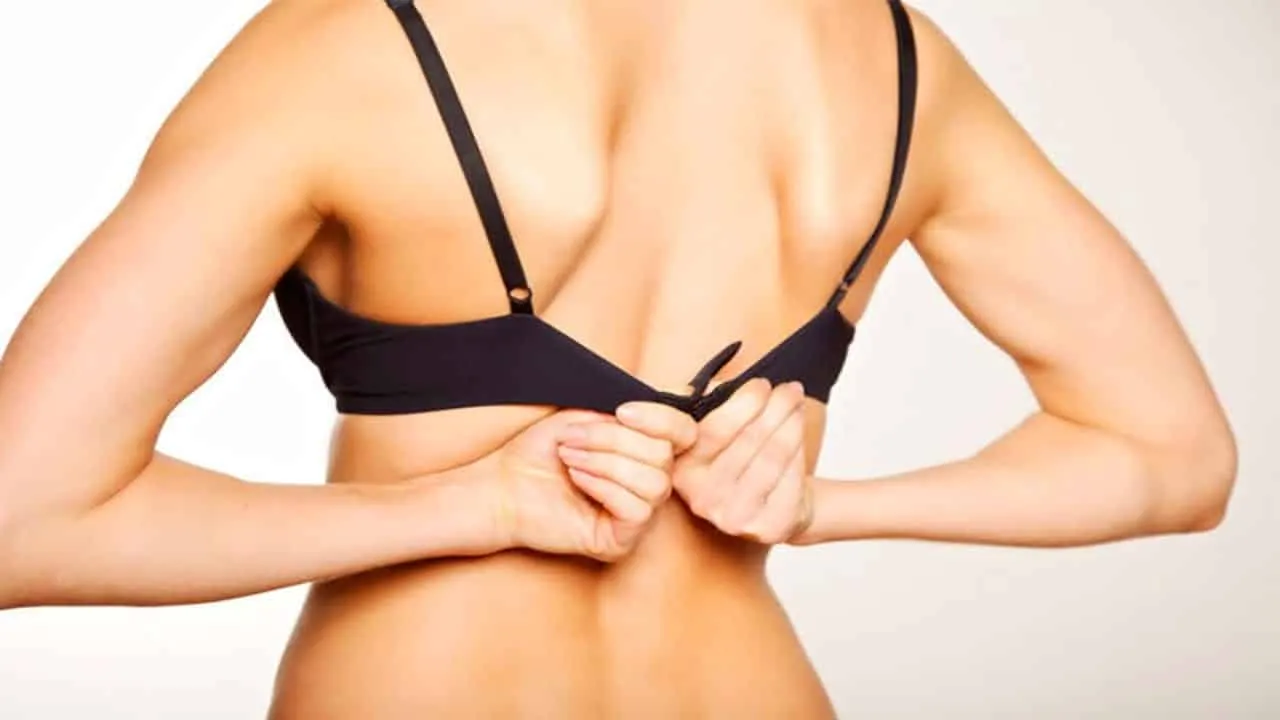
4. Myth: Regular mammograms prevent breast cancer.
Fact: Mammograms do not prevent breast cancer, but they can save lives by finding breast cancer as early as possible, when it is most treatable.
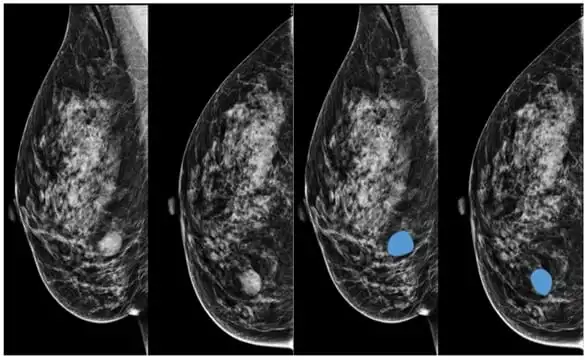
5. Myth: Antiperspirants cause breast cancer.
Fact: There is no scientific evidence to support the claim that antiperspirants cause breast cancer, either because of toxin buildup or exposure to aluminum.

6. Myth: Your chance of getting breast cancer decreases as you age.
Fact: The biggest risk factor for breast cancer is being a woman over 50 years of age. More than 80% of new breast cancers diagnosed each year in BC are in women aged 50 and over.
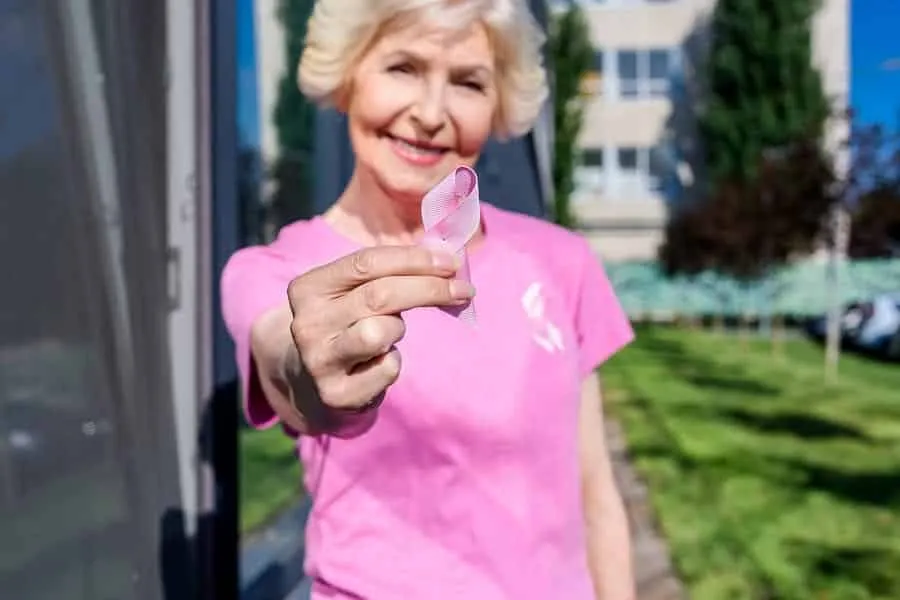
7. Myth: You can’t get cancer if you have breast implants.
Fact: Women with breast implants should have regular mammograms. Keep in mind that you will not be able to make an appointment directly with the responsible professional, as you may require special positioning and possibly some additional images.
Contact your primary care provider for a referral for a screening mammogram at a diagnostic imaging office.
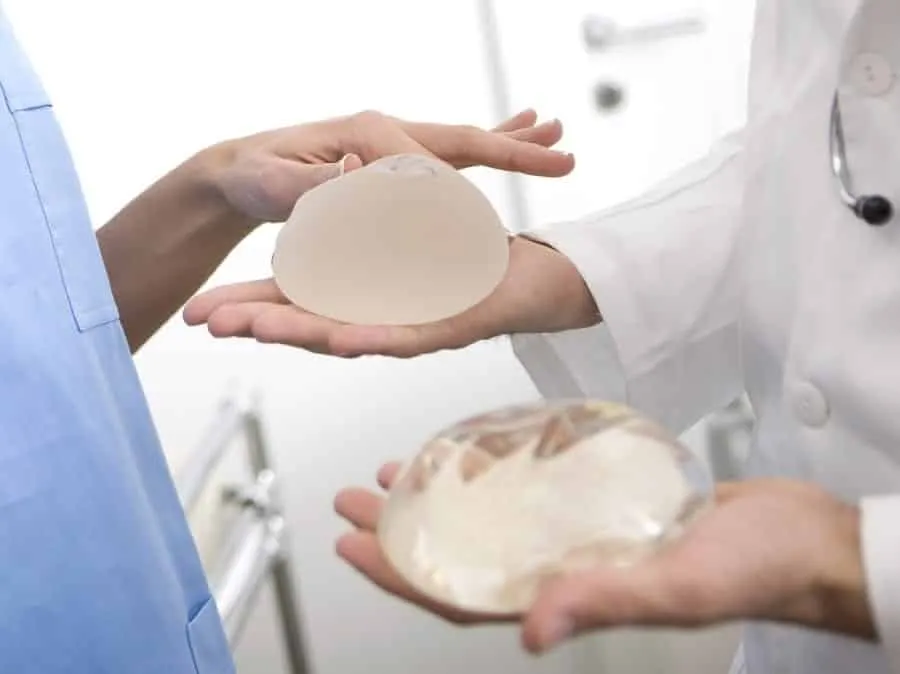
8. Myth: All breast cancers can be detected on a mammogram.
Fact: No screening test is perfect and mammography is no exception. Factors such as age or breast density can influence the appearance of breast tissue on a mammogram, making cancers more or less difficult to recognize.
In general, screening mammograms are less effective in young women because they tend to have denser breasts. About 25% of cancers in women ages 40 to 49 are missed by a screening mammogram, compared with about 10% in women over age 50.
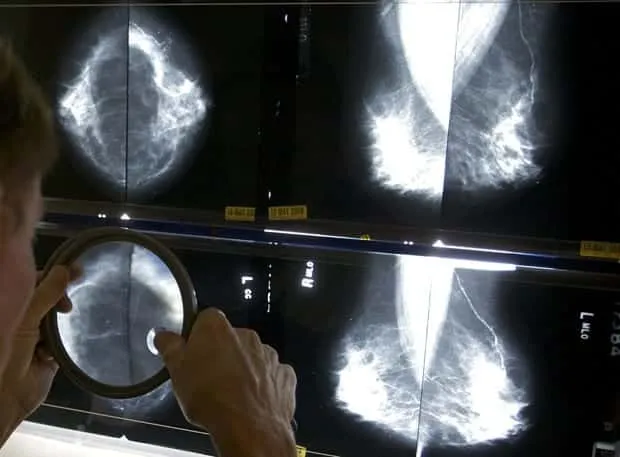
9. Myth: Mammograms are unsafe and ineffective.
Fact: Screening mammograms are the international gold standard for early detection of breast cancer. Mammograms can often find lumps 2 or 3 years before a woman or her doctor can feel them.
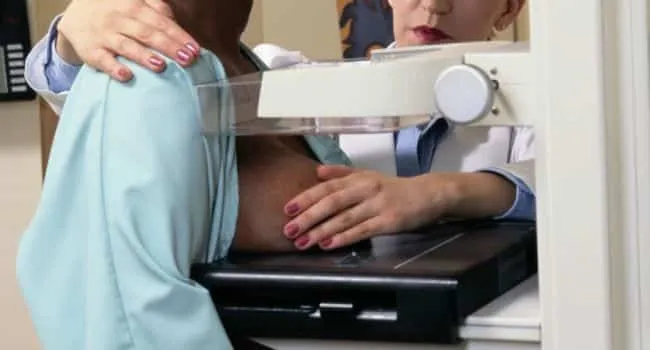
10. Myth: Exposure to radiation during a mammogram can cause cancer.
Fact: Mammograms require very small doses of radiation – the equivalent of 6 months of exposure to the background radiation of daily life. The risk of harm from this amount of radiation exposure is low, and the benefits outweigh the risk.
Additionally, there has never been a case of breast cancer proven to be caused by exposure to radiation during a mammogram.
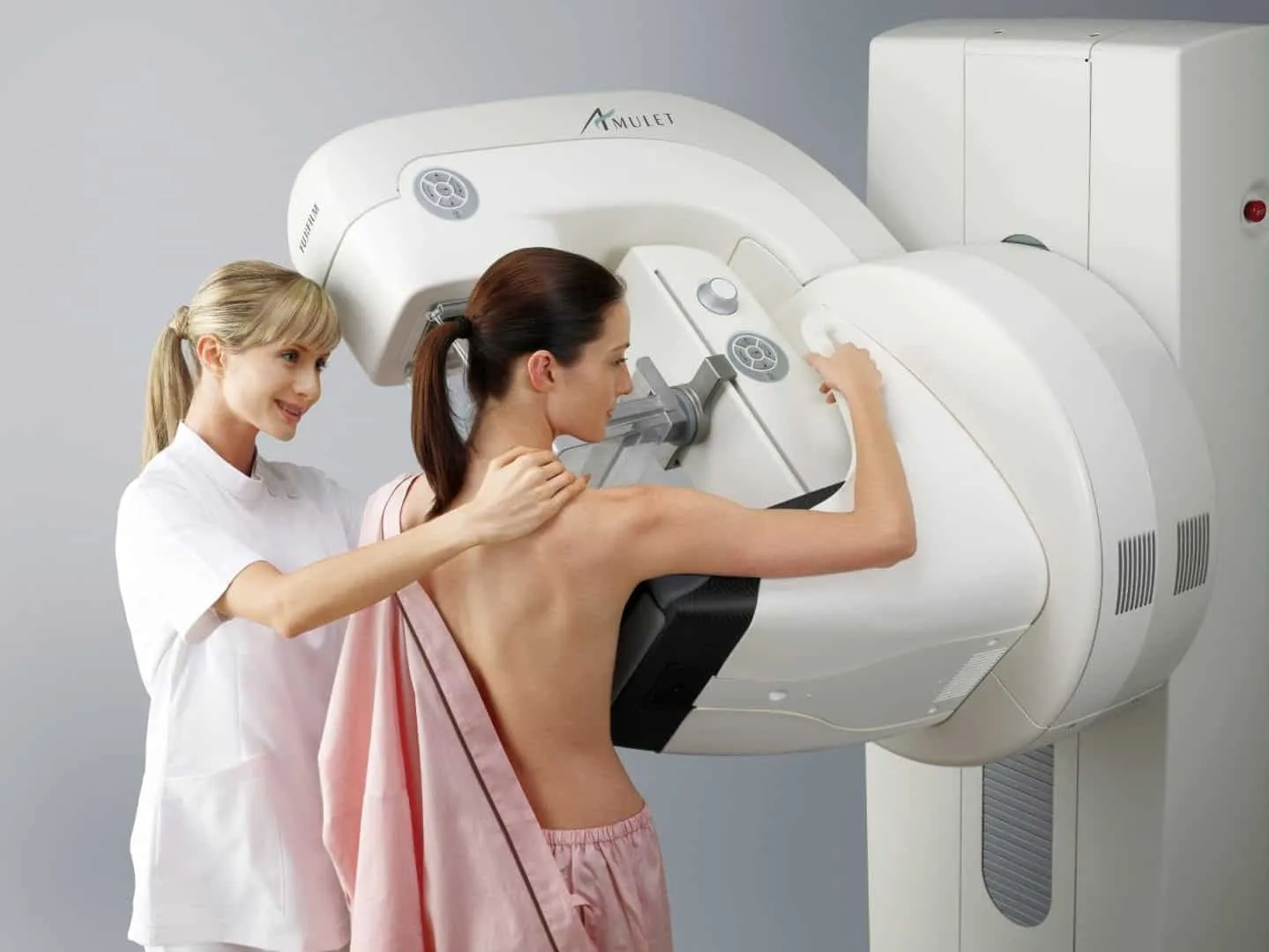
11. Myth: You don’t need to be examined before the age of 40.
Fact: Routine screening is not recommended for women under age 40 because the risk of breast cancer is low. Additionally, screening mammograms are not as effective at detecting breast cancer in younger women because they generally have denser breast tissue, which can make it more difficult to detect breast cancer on a mammogram.
However, hospitals and clinics often accept women at high risk of developing breast cancer under the age of 40 with a doctor’s referral. Please consult your primary care provider for more information.

12. Myth: All breast cancer is fatal.
Fact: Not all breast cancer is fatal, but most cancers will grow if left untreated. Some cancers detected by screening may never cause any harm, but it is not possible to say which cancers will (or will not) turn into a life-threatening cancer in the future.
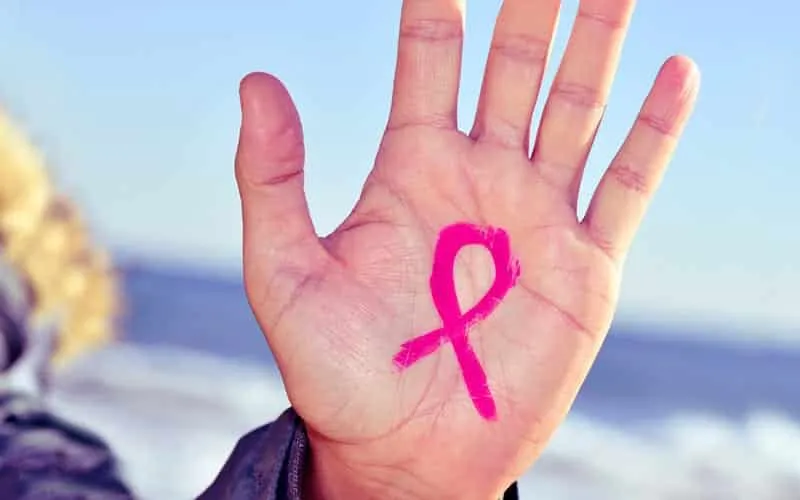
13. Myth: Breast compression causes cancer.
Fact: There is no scientific evidence that breast compression causes cancer. Additionally, compression of the breast during a mammogram cannot cause the cancer to spread.
Breast compression during a mammogram helps separate the breast tissue to reveal any abnormalities. It also helps keep the breast in place, which eliminates blurring in the image.
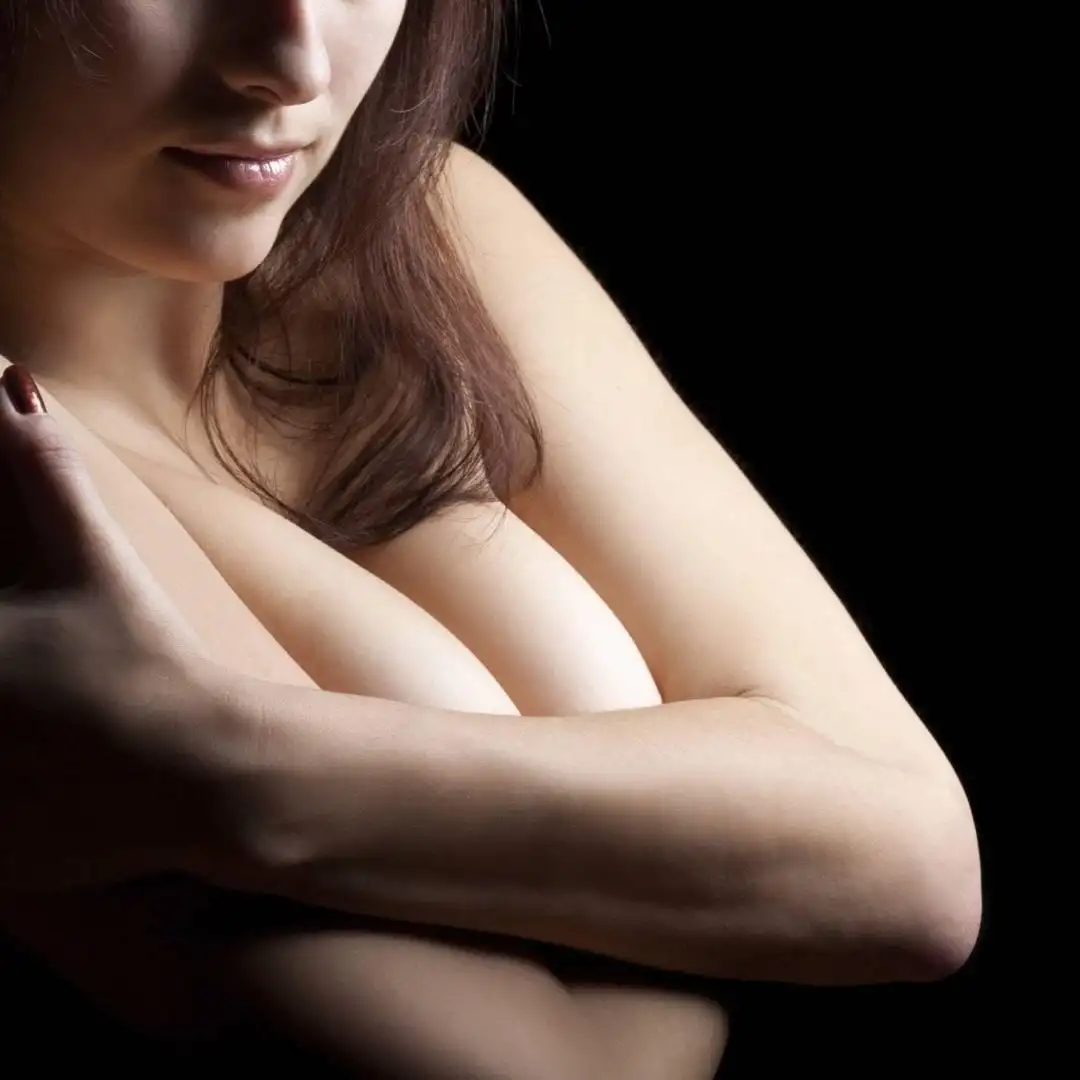
14. Myth: Mammograms performed in a clinic are better than those performed by a mobile mammography service.
Fact: Whether you visit a permanent or temporary clinic set up by a mobile mammography service, they are all equally accredited and staffed, and in both cases you will be provided with high-quality information.
At all mobile locations, you will find professional and friendly staff who will be happy to answer all your questions and make your appointment comfortable and enjoyable, just like in a clinic.

So, dear reader, have you had the opportunity to clarify so many doubts about breast cancer before? Which of these myths and truths did you not already know? Comment!
Now, on the subject, check out: After mastectomy: 20 tattoo ideas to cover the scar from breast removal.
Fontes: Breast Cancer, NHS, Mayo Clinic, NBCF

Sign up for our newsletter and stay up to date with exclusive news
that can transform your routine!
Warning: Undefined array key "title" in /home/storelat/public_html/wp-content/plugins/link-whisper-premium/templates/frontend/related-posts.php on line 12
Warning: Undefined array key "title_tag" in /home/storelat/public_html/wp-content/plugins/link-whisper-premium/templates/frontend/related-posts.php on line 13




